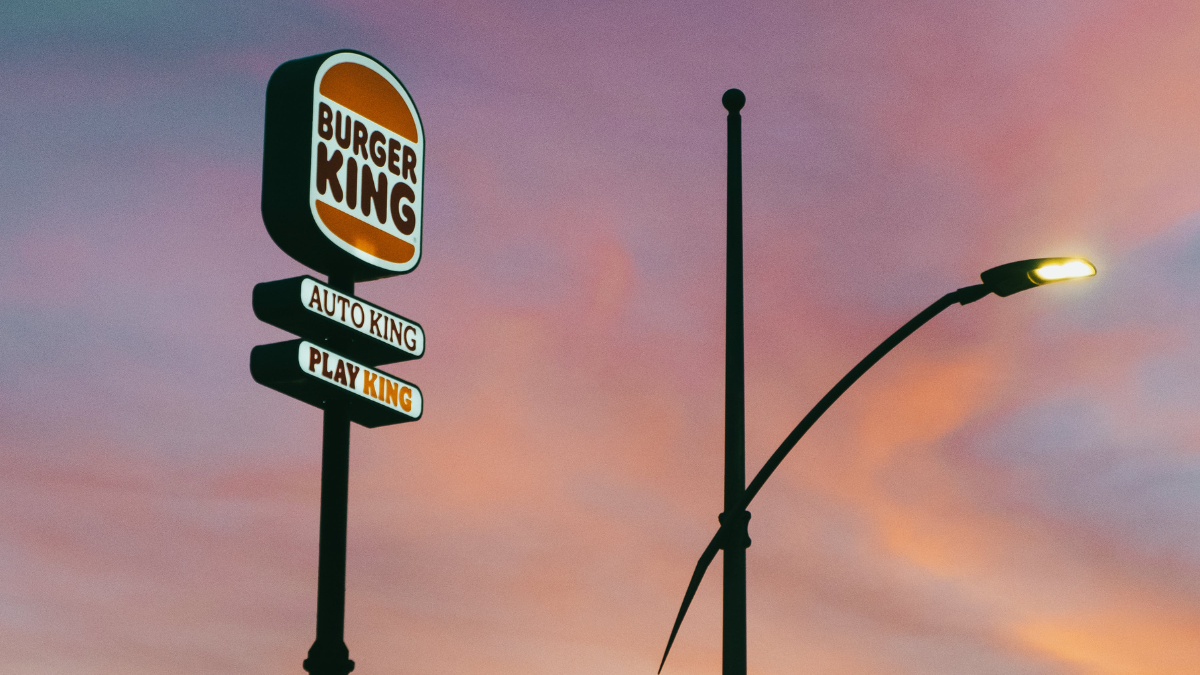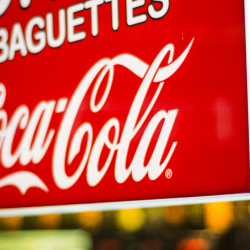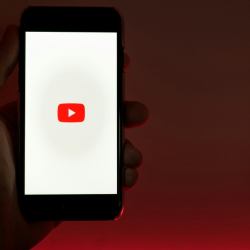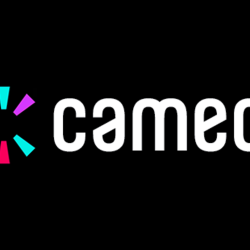Brands are increasingly looking to the past in order to secure their future in an uncertain world
As consumers continue to navigate political and economic upheaval, not to mention the endless stream of saddening and disheartening news, they’re looking for an escape to what they view as a simpler, more carefree time. This has resulted in nostalgia becoming one of the biggest factors influencing decision-making in marketing, design, media and entertainment right now. But is nostalgia always a wise bet or could our collective obsession with the past have a lasting negative impact?
This year’s crop of Christmas ads brazenly harnessed nostalgia in order to strike a chord with audiences, from Tesco urging us to embrace the Christmas spirit to the tune of OMC’s 1995 track How Bizarre to ’80s crooner Rick Astley popping in Sainsbury’s’ festive offering. Brands have also been ditching their logos in favour of nostalgia-fuelled branding instead, with Pepsi’s rebrand harking back to its logo from the 1970s and Burger King’s inspired by its 1969 version.
McDonald’s has taken it a step further by launching an entirely retro-themed brand with CosMc’s, a drinks spinoff named after an obscure mascot from McDonald’s advertising in the 1980s and featuring a retro yellow and purple logo design. We’re even seeing the revival of brands that came to provenience in the ’80s and ’90s, such as Laura Ashley, Champion and Esprit.
Nostalgia has always been appealing, but, spurred on by social media, it’s starting to saturate today’s cultural landscape
And it hooks in consumers of all ages, as different generations seek out rose-tinted reminders of their childhood. For Gen Z in particular, brands are scrambling to offer what’s been dubbed ‘newstaglia’, taking something from the past and creating something new from it. The Barbie (2023) movie, which seamlessly targeted Gen Zers alongside older generations, being a case in point. Meanwhile, fashion brands from Miu Miu to Gucci are launching Y2K-inspired collections to hook younger consumers’ current obsession with fashion from that era.
Nostalgia certainly looks to be an express route to the hearts and minds of today’s consumers. But brands should be warned that relentless nostalgia will eventually turn consumers off. Brands and the creative sector should be creating the new in culture, not merely recycling the old. A self-aware remake can seem cynical and lazy when compared with the real thing.
If they overly follow this trend, brands will stifle originality and creativity in favour of tried-and-tested formulas. Wrapping everything up in a nostalgic comfort blanket risks closing us off to those vital opportunities to rip it up and start again.
Featured image: Jovydas Doblia / Pexels
































